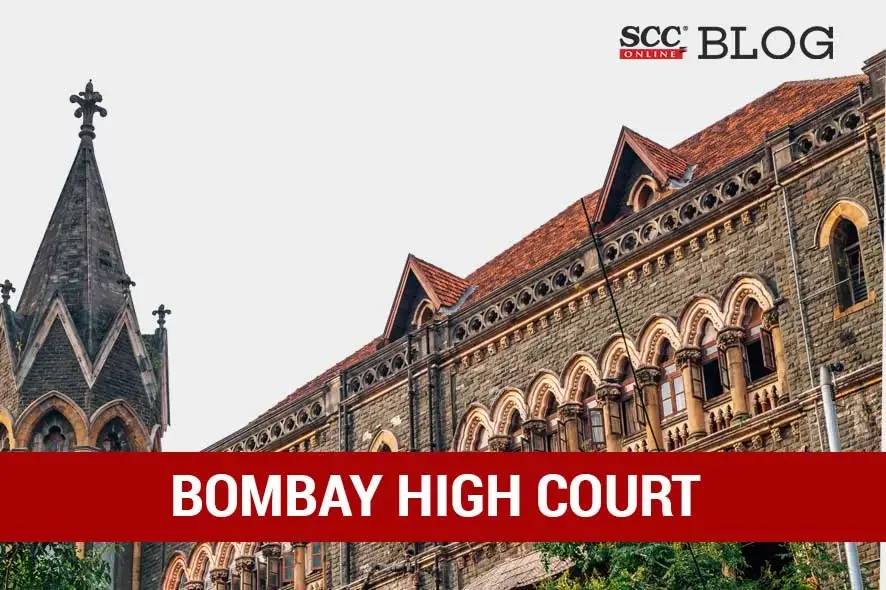Bombay High Court: An anticipatory bail application was filed by the applicant, who is a practicing advocate in connection with a case registered under sections 420, 465, 467, 468, 471 of Penal Code, 1860. Sarang V Kotwal, J., denies anticipatory bail to the advocate for cheating her client by forging the bail order.
The first informant of FIR concerned approached the applicant preferring an application for bail for her husband, who was arrested by the Dahisar police in connection with a murder case. The applicant assured the informant for a bail order and asked for a remuneration of Rs.65,000, which was thereby paid. After some time, the applicant informed the first informant that bail has been granted and handed over an envelope containing bail order and a court fee receipt of Rs 25000 which was also paid by the first informant only. However, inspite of the envelope and documents being submitted at police station, her husband was not released. On suspicion, she checked the Portal of E-Courts and found that there was no bail order granted. The Court registry confirmed that no such documents, viz., the bail order and the receipt were issued from their department. The informant was satisfied that the Applicant was playing mischief and cheated the informant, so, she lodged the FIR. Apprehending the arrest, the present application was filed.
The Court noted that the applicant was very much aware that the informant’s husband’s bail application was not allowed. In spite of that, on multiple occasions, the applicant knowingly gave a forged order of bail regarding the informant’s husband. There was a reference to the receipt of Rs.25,000/- as well. Both these documents are forged documents beyond reasonable doubt.
The Court further noted that the informant could have pursued the bail application of her husband in as per the law. Due to the acts of the Applicant, the informant has lost a precious substantial period. She was kept in the dark about the fate of the bail application preferred before the Sessions Court at Dindoshi. The informant and her family have suffered immense mental trauma. Thus, the ingredients of all the offences mentioned in the FIR, including Section 420 of IPC, are clearly made out.
The Court concluded “No leniency whatsoever can be shown to the Applicant. No words are sufficient to deprecate the practice adopted by the Applicant, being an Advocate having a relationship with the litigant based on trust. This is not a case where any kind of leniency can be shown to the Applicant at this stage. The way the offence is committed with confidence shows that this may not be an isolated instance. To unearth such similar instances, her custodial interrogation is necessary.”
[Hiral Chandrakant Jadhav v State of Maharashtra, 2024 SCC OnLine Bom 32, decided on 03-01-2024]
Advocates who appeared in this case:
Mr. Shailesh Kharat, Advocate a/w. Ms. Sayyed Akhtar Jaha for the Applicant.
Ms. Sharmila S. Kaushik, APP for the Respondent-State






